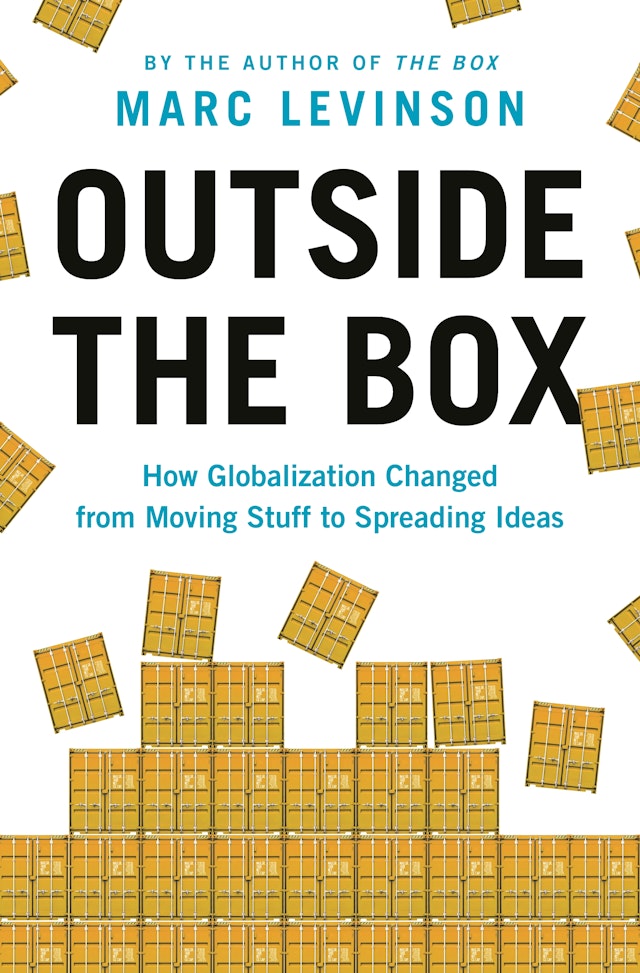EP 408 Can Technology Change Education?
Imaginations have run wild over the years as to what technology can do to change education. Some had predicted that half or more of courses by now would be offered on line at a lower cost and with great results. It turns out that in this fevered moment, as the pandemic descended upon the nation, much of our children’s educations did go on-line with little of the planning and intent required to maximize its impact. In the best case scenario, Justin Reich, author of ‘Failure to Disrupt’ and the director of the Teaching Systems Lab at MIT, tells us our expectations for ‘EdTech’, as its called, have been outsized. He looks at the complex nature of schooling and believes that while there is a place for technology in the classroom it will be as an adjunct to the work done in a classroom and school building, not a replacement for it. EdTech is complex and he breaks it down in three different buckets: instructor-guided online courses, algorithm-guided adapative tools and peer-guided networked learning communities.Each has a place depending upon the age of the student and the subjects being taught. Again, none is a panacea that will lift socially and educationally disadvantaged students to a place imagined by what Reich calls the ‘charismatic initiatives’ that we often read about in which a philanthropist puts computers in the hands of all children in an urban area. It’s a timely and important discussion at a moment of disruption in the educational system.
Podcast: Play in new window | Download








